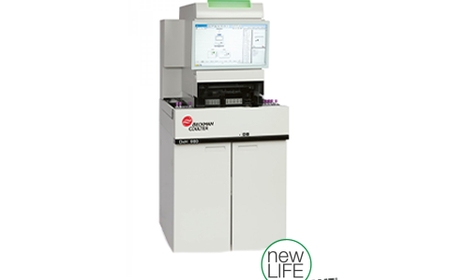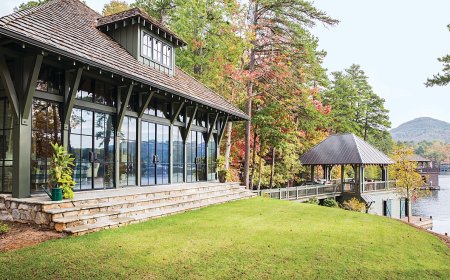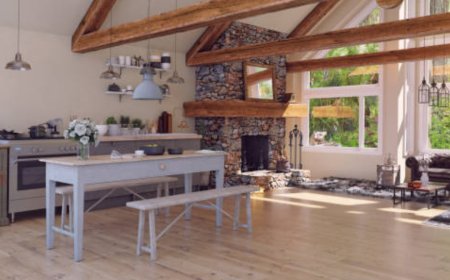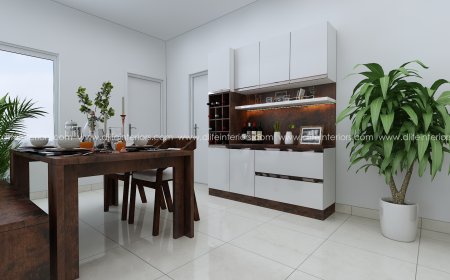How to Choose Between Portable, Split, and Ducted Air Conditioning
Learn the pros, cons, and ideal uses of portable, split, and ducted AC systems to choose the best air conditioning solution for your home or office.
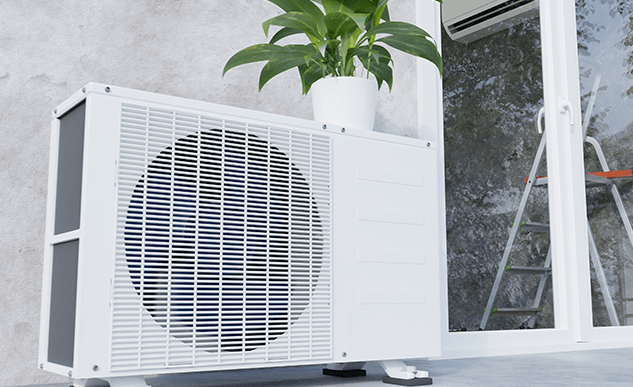
When temperatures rise, having the right air conditioning system can make all the difference. Whether youre working from home, running a business, or just trying to keep your living space comfortable during the summer months, selecting the right type of air conditioning is essential.
In the UK, where summers are becoming increasingly warmer, many homeowners and businesses are looking to install or upgrade their air conditioning. However, with several types available including portable, split, and ducted systems knowing which one suits your space and lifestyle best can be a challenge.
In this guide, well break down the features, benefits, and ideal use cases for each type, helping you make a smart and confident choice.
Portable Air Conditioning Units
What They Are:
Portable air conditioning units are standalone systems that can be wheeled into any room and plugged into a standard power outlet. They draw in warm air, cool it using a refrigerant, and expel the heat outside through a flexible hose, usually through a window or a door.
Pros:
- No professional installation required:Just plug it in and its ready to go.
- Highly mobile:Easily moved from one room to another.
- Affordable upfront cost:One of the most budget-friendly cooling solutions available.
Cons:
- Less efficient:These units often use more energy to produce the same cooling effect as other types.
- Noisy operation:The entire unit sits within the room, which can cause noise disturbances.
- Limited cooling capacity:Best suited to smaller rooms or short-term use.
Best For:
Portable ACs are ideal for renters, people living in small flats, or anyone needing a temporary cooling solution. They're also great for those on a tight budget or who may be moving frequently.
Split Air Conditioning Systems
What They Are:
Split air conditioning systems consist of two units an indoor unit mounted on the wall, and an outdoor compressor. These systems require professional installation and typically provide cooling to one or more rooms, depending on the setup.
Pros:
- Efficient performance:Split systems are more energy-efficient than portable units and offer strong, consistent cooling.
- Quiet operation:Because the compressor is located outside, noise levels indoors are much lower.
- Long-term solution:A great investment for long-lasting comfort.
Cons:
- Higher installation cost:Although less than ducted systems, they still require a professional setup.
- Installation limitations:May not be suitable for listed or heritage buildings without planning permission.
- Outdoor space needed:Requires a place for the external unit, which may be an issue in flats.
Best For:
Split systems are a good choice for homeowners who want permanent, quiet, and efficient cooling. They're also great for home offices, living rooms, or bedrooms where comfort is important, especially during heat waves. If you're considering splitair conditioning installation London, it's wise to consult professionals familiar with building regulations and space constraints.
Ducted Air Conditioning Systems
What They Are:
Ducted systems use a centralised cooling unit, usually installed in the ceiling or loft space, which sends air through a series of ducts to multiple rooms. Only the vents are visible inside the rooms, creating a clean and modern look.
Pros:
- Whole-home comfort:Ideal for cooling large homes or office spaces with multiple rooms.
- Discreet appearance:With vents flush to the ceiling or wall, theres no visual clutter.
- High efficiency:Excellent performance, especially when zoning and smart thermostats are used.
Cons:
- Expensive to install:The most costly option due to the complexity of ductwork and installation.
- Requires ceiling space:Not suitable for every property, particularly older homes with low ceilings.
- More complex maintenance:Needs periodic checks to keep ducts clean and functioning efficiently.
Best For:
Ducted systems are perfect for large homes, open-plan living spaces, or office environments. They work especially well in modern or new-build properties where the layout can accommodate ducting without major renovations.
Quick Comparison Table
|
Feature |
Portable AC |
Split AC |
Ducted AC |
|
Installation |
DIY |
Professional |
Professional |
|
Cost |
Low |
Medium |
High |
|
Efficiency |
Low |
High |
Very High |
|
Cooling Capacity |
Low |
MediumHigh |
Very High |
|
Room Flexibility |
High |
Medium |
Low (whole home) |
|
Noise Level |
High |
Low |
Very Low |
|
Ideal User |
Renters |
Homeowners |
Large Properties |
Questions to Ask Before Choosing
Before settling on an air conditioning type, its worth answering a few key questions:
- Do you own your home or are you renting?Renters may be limited to portable units or split systems with landlord approval.
- Are you cooling just one room or the entire property?Split systems are great for individual rooms; ducted AC is best for whole-home coverage.
- Whats your budget?Initial installation costs and running expenses vary greatly.
- Do you need a quiet system?If noise is a concern (e.g. for bedrooms or work areas), split or ducted options are better.
- Are there planning or building restrictions?Some properties may require permission for external units or ceiling work.
Energy and Environmental Considerations
As more people become aware of energy usage and environmental impact, choosing an efficient air conditioning system matters.
- Portable unitstypically consume more energy per kW of cooling. Theyre less efficient and can drive up electricity bills quickly.
- Split systemswith inverter technology offer better energy performance and can adjust cooling levels based on demand.
- Ducted systemsoften provide the best long-term energy savings when combined with zoning controls and programmable thermostats.
To maximise efficiency, it's also important to schedule regular air conditioning maintenance. Servicing helps keep filters clean, systems running smoothly, and energy use optimised. A neglected system can lose up to 30% efficiency over time.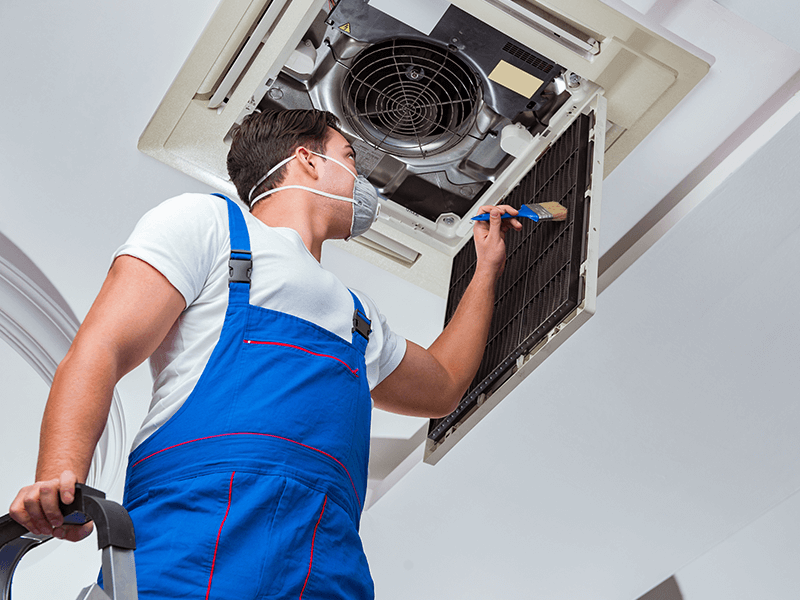
Installation and Maintenance Tips
Regardless of which system you choose, professional air conditioning installationis vital to ensure your unit performs safely and effectively. Poor installation can lead to leaks, noise issues, and reduced performance.
Once installed, dont forget ongoing care. Whether you have a small split unit or a full ducted system, routine maintenance can:
- Prolong the life of your AC
- Improve indoor air quality
- Detect small faults before they turn into costly repairs
- Ensure efficient energy use, saving you money
Look for companies that offer yearlyair conditioning maintenance London, especially during spring before summer demand kicks in.
Conclusion
Choosing between portable, split, and ducted air conditioning systems depends largely on your living situation, budget, and comfort needs.
Portable units are budget-friendly and flexible, but limited in power. Split systems strike a great balance between performance and cost for homeowners. Meanwhile, ducted systems provide discreet, whole-home cooling ideal for larger properties and those seeking luxury comfort.
Still unsure which one is best for you? Consulting with experts in air conditioning installation and maintenance is a smart step forward.
For professional advice, installation, and ongoing support, you can trust Hamilton Air Conditioning Ltd to help you stay cool and comfortable all year round.






















